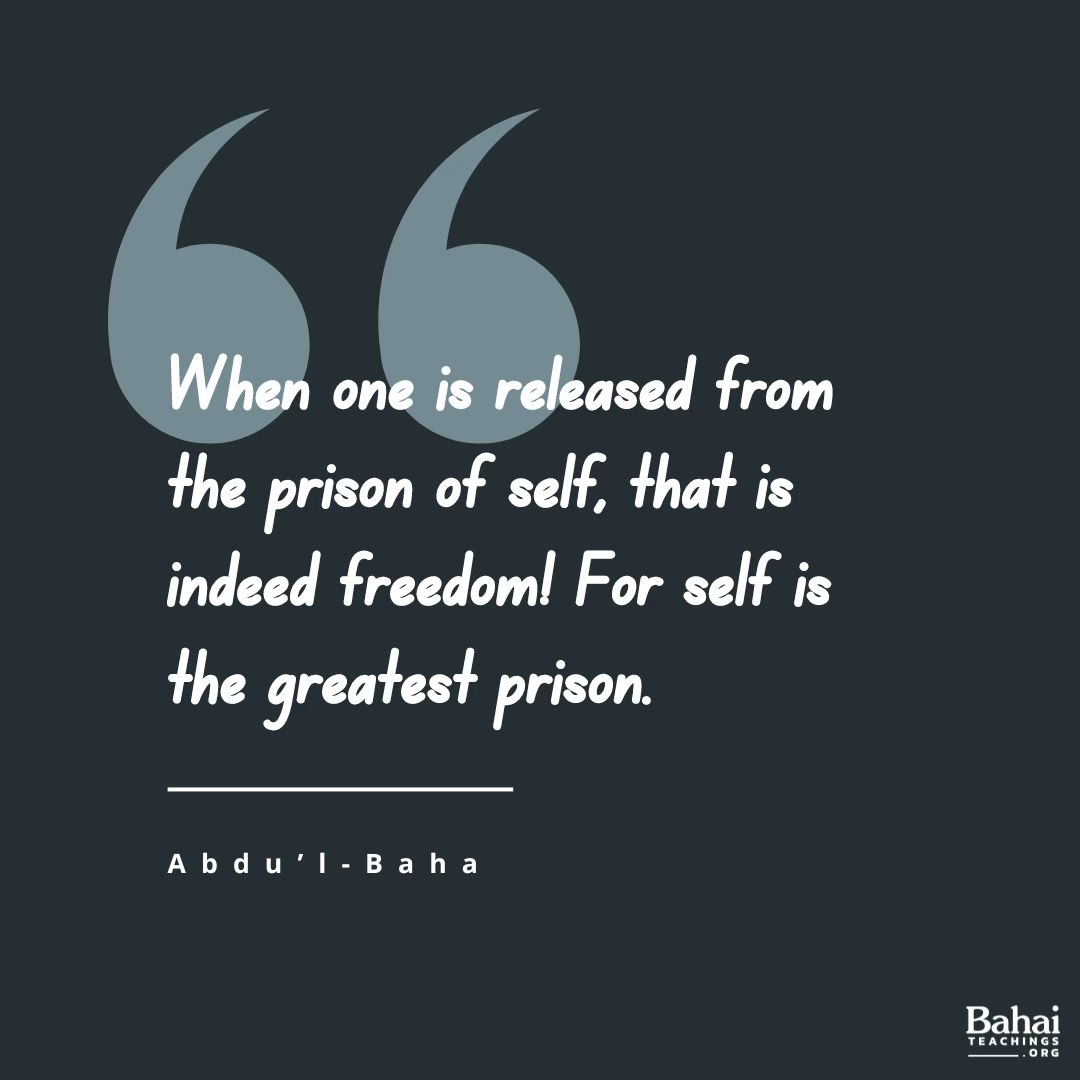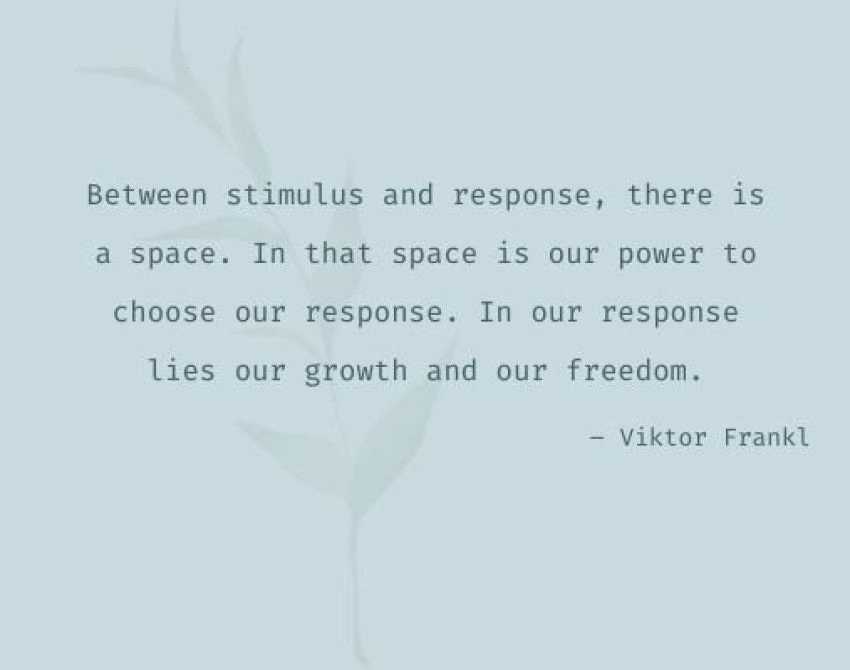Can you mindset your way out of oppression?
Why our true calling is not bound by status, wealth, or circumstance.
Hi friends,
Recently, someone asked me a deeply profound question. Do I really believe people can ‘shift their mindset’ out of socio-economic difficulties to pursue their calling—or is purpose a privilege reserved only for those with networks, resources and backup plans?
She was reflecting specifically on the plight of the poor and the strictures of working class life, where work is often a means to an end. For many, it is survival, not an exploration of alignment or deeper meaning.
Gosh, I am so grateful for her question.
I offered some initial thoughts with her directly but then decided this needs a full post! So here we are.
The weight of reality
To begin, let me be clear: I am not in the business of “mindset your way out of oppression”. Structural and systemic inequities are real.
I’ve spent much of my professional life working in humanitarian contexts where inequities are not abstractions but brutal daily realities. I have sat with amputees from war zones. I have visited people living alone with complex trauma. I have listened to refugees recount how entire families were wiped out in conflict. I have watched politicians at the UN Human Rights Council scribble numbers on Post-it notes—numbers that determined how much food or medicine millions of people would receive.
I know, intimately, that no amount of positive thinking alone fills an empty stomach or erases the anguish of displacement.
And yet…I have also witnessed, experienced, and learned that even in immense socio-economic distress, people can find joy, dignity, and purpose when they understand the nature of their soul and its journey. And in many circumstances, this state of mind and condition can transform and alter material and physical realities.
On the one hand, I have seen individuals with almost nothing (in a material and physical sense) radiate resilience and generosity. On the other hand, I have also seen people with every privilege—wealth, education, status—suffer from despair because they lack meaning.
Wealth can provide flexibility and freedom, but it does not, in itself, bring peace, contentment, or joy. Material and physical security can support our purpose if we are fortunate, but they do not define it.
The true nature of purpose
Our purpose is not our profession.
Purpose is not how we pay our bills or the titles we use. Our purpose is something much deeper.
Our purpose is to bring forth the qualities of our soul in service of others so that we may, individually and collectively, draw closer to the Life Force that created us and governs our realities.
Call it Love, Universe, God, Nature….that Force—that Unknowable Essence—is what our purpose draws us closer to. The further away we are from that Force, the further away we are from our purpose.
And we can get a sense all around us where this is true (how many rich and famous people are battling with self-worth and unhappiness?).
As Jim Carrey once put it:
”I think everybody should get rich and famous and do everything they ever dreamed of so they can see that it’s not the answer.”
Purpose beyond circumstance
Friends, history is full of witnesses to this truth.
Nelson Mandela, imprisoned for 27 years, wrote:
“I am fundamentally an optimist. Whether that comes from nature or nurture, I cannot say. Part of being optimistic is keeping one’s head pointed toward the sun, one’s feet moving forward. There were many dark moments when my faith in humanity was sorely tested, but I would not and could not give myself up to despair. That way lays defeat and death.”
ʻAbdu’l-Bahá, a champion of social justice and an ambassador for international peace, was exiled and imprisoned for decades, and during that time, wrote letters suffused with joy, wisdom, and love, describing His state of exile as a blessing rather than a loss.
”Freedom is not a matter of place. It is a condition. I was thankful for the prison and the lack of liberty was very pleasing to me, for those days were passed in the path of service under the utmost difficulties and trials, bearing fruits and results.
“Unless one accepts dire vicissitudes he will not attain. To me prison is freedom; troubles rest me; incarceration is an open court; death is life and to be despised is honor. Therefore, I was happy all that time in prison. When one is released from the prison of self, that is indeed freedom, for self is the greater prison.”
“The afflictions which come to humanity sometimes tend to center the consciousness upon the limitations. This is a veritable prison. Release comes by making of the will a door through which the confirmations of the spirit come.”
Viktor Frankl, who survived concentration camps, described in Man’s Search for Meaning how one’s inner freedom—to choose one’s attitude and response—remains even when every external liberty is taken away.
“Everything can be taken from a man but one thing: the last of the human freedoms—to choose one’s attitude in any given set of circumstances, to choose one’s own way.”
“In some ways suffering ceases to be suffering at the moment it finds a meaning, such as the meaning of a sacrifice.”
“To draw an analogy: a man’s suffering is similar to the behavior of a gas. If a certain quantity of gas is pumped into an empty chamber, it will fill the chamber completely and evenly, no matter how big the chamber. Thus suffering completely fills the human soul and conscious mind, no matter whether the suffering is great or little. Therefore the “size” of human suffering is absolutely relative.”
“For the first time in my life I saw the truth as it is set into song by so many poets, proclaimed as the final wisdom by so many thinkers. The truth - that Love is the ultimate and highest goal to which man can aspire. Then I grasped the meaning of the greatest secret that human poetry and human thought and belief have to impart: The salvation of man is through love and in love.”
― Viktor E. Frankl
The point is not to glorify suffering, or to suggest that material deprivation is somehow noble. It is to say that purpose is not bound by circumstance. External wealth does not guarantee inner peace. Nor does hardship automatically erase it.
The compass of spiritual laws
What I have come to learn over time is that there are universal spiritual laws that act as compass points for our lives. When we apply them in any circumstance, no matter how constrained, we lift our souls above the mire of this world.
As one teaching reminds us:
“Know that you are where you are not by chance, but by the design of your Creator, for your development and for the development of those around you.”
This is the heart of it: in every state, we can elevate. In every moment, we can transcend.
So when I am asked whether people can only pursue their purpose if they have resources, my answer is: material and social support helps—of course it does. But it is not the determinant of purpose.
Our purpose is to live aligned with our spiritual nature. To bring forward the highest qualities within us, in service of others. And this is possible in every station of life—whether one is a mother in a refugee camp, a CEO in a boardroom, or a farmer in the field.
And the more we all strive to align ourselves to this purpose, we will see social and economic inequities lessen, prejudices be eliminated, and wars will cease. I am quite frankly, not exaggerating. (Maybe more on this in another post, another time).

So friends, I suggest that the question is not “Do I have the privilege to pursue my purpose?”
A more accurate question may be: “How can I, in this very moment, reflect the light of my soul into the world around me?”
That is purpose. That is calling. And it is available to us all.
With love,
Kat






Thank you, so many great quotes by you and others in this post and so clearly put. I am very grateful for that read. Also seeing things from that angle makes us all closer to each other in pursuing our spiritual goal and enables us to see beyond our differences of circumstances, wealth, etc.